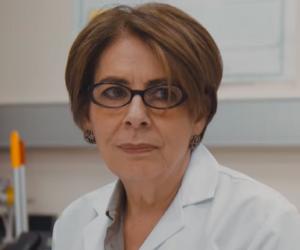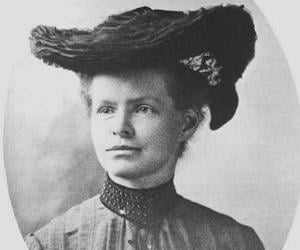
Nettie Stevens was an American geneticist. She is credited with discovering sex chromosomes which later came to be known as the X and Y chromosomes. In 1994, Nettie Stevens was inducted into the National Women's Hall of Fame.
Right IconThis ranking is based on an algorithm that combines various factors, including the votes of our users and search trends on the internet.

Nettie Stevens was an American geneticist. She is credited with discovering sex chromosomes which later came to be known as the X and Y chromosomes. In 1994, Nettie Stevens was inducted into the National Women's Hall of Fame.
Barbara McClintock was a scientist and cytogeneticist who received the 1983 Nobel Prize in Physiology or Medicine. She earned her Ph.D. in botany from Cornell University and began her lifelong work in the development of maize cytogenetics. She eventually gained recognition as among the best in the field and was honored with several prestigious awards.
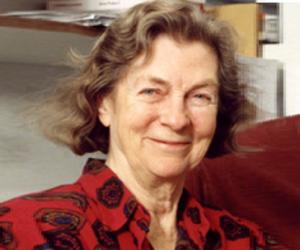
Geneticist Anne McLaren is remembered for her pioneering research in embryology that paved the way for further research in fertility treatments such as in-vitro fertilization. The Royal Society fellow had also appeared as a child actor in the film adaptation of the H.G. Wells novel Things to Come.
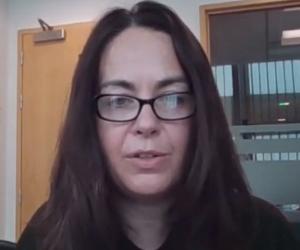
Irish scientist Teresa Lambe, who works as an associate professor with Oxford’s Jenner Institute, made headlines when she co-developed the Oxford–AstraZeneca vaccine for COVID-19. She has also worked on vaccines for viruses such as Nipah and Ebola. She was later awarded an OBE for her achievements.
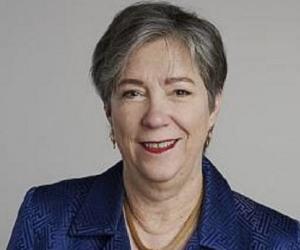
Cell biologist and MIT professor Susan Lindquist is best remembered for her research on protein folding and its impact on diseases. The Harvard alumna had also taught at the University of Chicago for 23 years. She was also the first female director of the Whitehead Institute for Biomedical Research.

Mathilde Krim was an Israeli medical researcher best known for her association with amfAR, an international nonprofit organization that aims at supporting AIDS research; she was the founding chairman of the organization. For her immense contribution to the field of AIDS research, Mathilde Krim was honored with the prestigious Presidential Medal of Freedom in 2000.
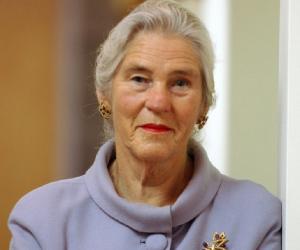
Janet Rowley was an American geneticist. In 1972, Rowley became the first scientist to discover a chromosomal translocation, which she identified as the cause of various forms of cancers, proving that cancer is a genetic disease. Rowley won prestigious awards including the Presidential Medal of Freedom. In 2017, she was inducted into the National Women's Hall of Fame.
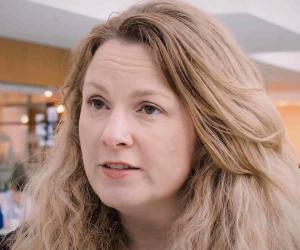
Irish zoologist and University College Dublin (UCD) professor Emma Teeling is best known for her research on phylogenetics. She also heads the Centre for Irish Bat Research as its director and has established a phylogenetics laboratory at UCD. A TED Talk speaker, she was one of 2014’s top 100 female Irish scientists.
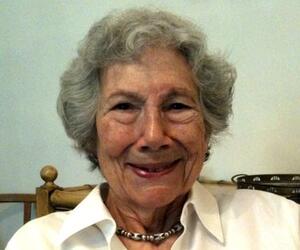
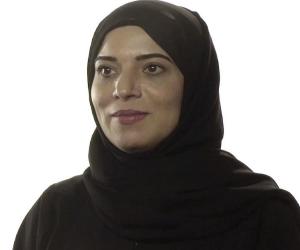
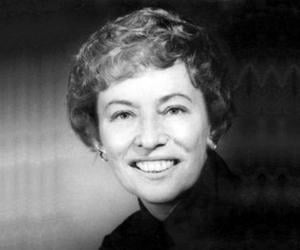
Though renowned geneticist Ruth Sager was involved in pioneering research on cytoplasmic genetics, her contribution wasn’t validated till the 1970s, largely due to gender bias. She later focused on cancer genetics. While she was initially interested in liberal arts, she later decided to join medical school but eventually settled for research.

Before she became a renowned biologist and geneticist, Mary Styles Harris had already made history as the first African American student of Miami Jackson High School. Her research focuses on the detection and cure of ailments such as sickle-cell anemia. Her health-oriented radio and TV shows include Journey to Wellness.

Currently the Chief Scientist of the Food and Agriculture Organization of the United Nations, Ismahane Elouafi is considered one of the twenty most influential women scientists in the Islamic world. Having twenty years of experience in agricultural research and holding top posts in different distinguished organizations, she is known to promote underutilized crops and use of non-fresh water in agriculture.

Known especially for her work on trait inheritance in plants, Edith Rebecca Saunders has been described as the mother of British plant genetics. Beginning her career as a botany teacher at Newnham College, she later became the director of the Balfour Biological Laboratory for Women, concurrently continuing with her own research works, publishing series of papers on inheritance in plants.

Irene Uchida was a Canadian scientist best remembered for her research on Down syndrome. She is also remembered for her association with the Children's Hospital in Winnipeg, where she served as the director of Medical Genetics Department. Irene Uchida also worked as a professor at prestigious institutions like the University of Manitoba and McMaster University.
